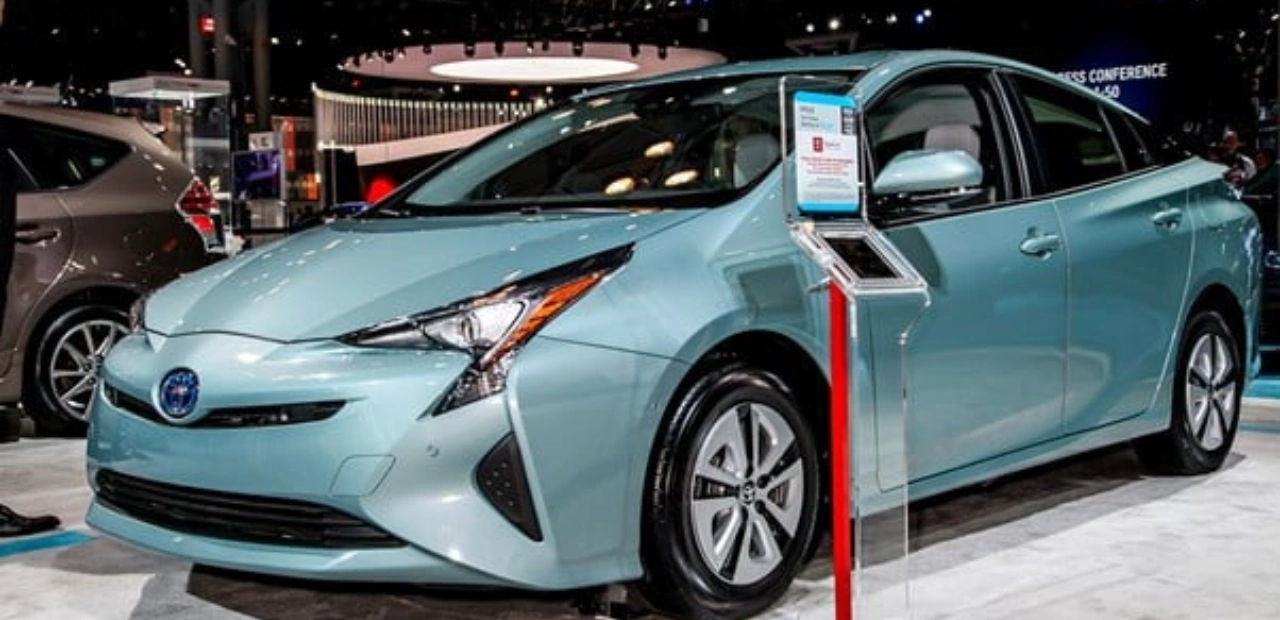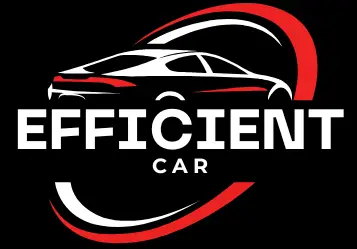Types of Efficient Cars

Understanding Fuel Efficiency: Exploring the Different Factors
When it comes to understanding fuel efficiency, there are several key factors that play a role in determining how efficiently a vehicle uses fuel. One of the most important factors is the engine type. Different engines have different efficiencies, with some being more efficient than others. For example, diesel engines are known for their high fuel efficiency due to their higher compression ratios and lower energy losses. On the other hand, gasoline engines tend to have lower efficiency due to factors such as incomplete combustion and energy losses in the cooling system. Additionally, hybrid engines combine the use of electric motors with traditional combustion engines to achieve greater fuel efficiency.
Another factor that affects fuel efficiency is vehicle weight. Generally, lighter vehicles require less energy to move, resulting in improved fuel efficiency. This is why compact cars, which are smaller and lighter than their larger counterparts, are often praised for their fuel efficiency. In contrast, larger vehicles such as trucks and SUVs tend to be less fuel efficient due to their heavier weight and higher aerodynamic drag. Moreover, tire pressure also plays a role in fuel efficiency. Underinflated tires can increase rolling resistance, causing the engine to work harder and consume more fuel. Keeping tires properly inflated can help optimize fuel efficiency and reduce the overall energy consumption of the vehicle.
Understanding these different factors is crucial in maximizing fuel efficiency and making informed decisions when it comes to choosing a vehicle. By considering the engine type, weight, and tire pressure, individuals can select a vehicle that aligns with their priorities for efficiency. Additionally, manufacturers are continuously innovating and introducing new technologies to improve fuel efficiency even further. As we explore the various factors influencing fuel efficiency, we can work towards a greener and more sustainable future for transportation.
The Rise of Electric Vehicles: A Greener Option for Efficient Transportation
Electric vehicles (EVs) have gained significant popularity in recent years as a greener option for efficient transportation. With their zero-emission capability, EVs are making a remarkable impact on reducing air pollution and combating climate change. Unlike traditional internal combustion engine vehicles that emit harmful gases such as carbon dioxide and nitrogen oxides, EVs run solely on electricity, resulting in cleaner, purer air for everyone.
Apart from their environmental advantage, EVs also offer numerous benefits in terms of energy efficiency. By utilizing electric motors instead of gasoline-powered engines, these vehicles convert a higher percentage of energy from the grid to power the wheels, resulting in a greater range per charge. Additionally, regenerative braking systems in EVs capture and convert energy that is typically wasted during deceleration, recharging the battery and further enhancing the vehicle's efficiency. As advancements in battery technology continue to improve, the range and performance of EVs are steadily increasing, making them a highly practical and eco-friendly choice for modern transportation needs.
Hybrid Cars: Combining Fuel Efficiency and Performance
Hybrid cars have gained significant popularity in recent years due to their ability to combine fuel efficiency and performance. These vehicles utilize a combination of a traditional gasoline engine and an electric motor, resulting in improved fuel economy and reduced emissions. The electric motor powers the vehicle at lower speeds and during stop-and-go traffic, while the gasoline engine takes over at higher speeds. This seamless transition between the two power sources allows hybrid cars to deliver impressive fuel efficiency without compromising on performance.
One of the key advantages of hybrid cars is their ability to maximize fuel efficiency while still providing a smooth and enjoyable driving experience. The electric motor assists the gasoline engine during acceleration, allowing for quick and responsive starts. Additionally, the regenerative braking system in hybrid cars converts the energy generated during braking into electricity, which is then stored in the battery for later use. This not only helps in reducing the wear and tear on the brake pads but also increases fuel efficiency by utilizing the energy that would have otherwise been wasted. Overall, hybrid cars offer a perfect balance between fuel efficiency and performance, making them an attractive option for environmentally-conscious individuals who still value a dynamic driving experience.
Compact Cars: Small but Mighty in Fuel Efficiency
Compact cars have gained significant popularity in recent years, thanks to their impressive fuel efficiency. Despite their smaller size, these vehicles offer a mighty performance on the road while minimizing fuel consumption. One of the main reasons for their efficiency is their lightweight design, which allows for better aerodynamics and reduced drag. Additionally, compact cars are often equipped with advanced engine technologies and transmission systems that further optimize their fuel economy. This combination of factors makes compact cars an attractive option for those seeking a vehicle that is not only practical and easy to maneuver but also eco-friendly and cost-effective to run.
Furthermore, compact cars often feature smaller, yet efficient, engines that are specifically designed for optimal fuel consumption. These engines are equipped with technologies such as direct injection and turbocharging, allowing them to deliver impressive power without consuming excessive fuel. Moreover, compact cars tend to have lower total weight, which reduces the burden on the engine and further improves fuel efficiency. Additionally, advancements in engineering have led to the development of hybrid and electric versions of compact cars, providing an even greener and more fuel-efficient alternative. With their combination of size, performance, and fuel efficiency, compact cars make a compelling choice for those who value both practicality and sustainability on the road.
Diesel Cars: Power and Efficiency in One Package
Diesel cars have long been praised for their exceptional power and efficiency, making them a popular choice among drivers. One of the key reasons why diesel cars are known for their power is their high compression ratio. This means that the fuel-air mixture in the engine is compressed to a greater extent compared to gasoline engines, resulting in a more powerful combustion process. The result is a vehicle that can effortlessly accelerate, especially when overtaking or merging onto highways.
In addition to their power, diesel cars are also highly regarded for their fuel efficiency. Diesel fuel contains a higher energy content compared to gasoline, allowing diesel engines to extract more energy from each gallon of fuel. As a result, diesel cars typically deliver better fuel economy, helping drivers save money at the pump. Furthermore, diesel engines are known for their efficient combustion process, which further enhances fuel efficiency. This combination of power and efficiency makes diesel cars an attractive option for those who prioritize both performance and savings.
The Advantages of Plug-In Hybrid Cars: Maximizing Efficiency and Convenience
Plug-in hybrid cars have gained popularity in recent years due to their ability to maximize both efficiency and convenience. One of the key advantages of these vehicles is their dual power source, which combines an internal combustion engine with an electric motor. This provides drivers with the flexibility to choose between driving purely on electricity or using the traditional combustion engine when needed. By harnessing the power of electricity, plug-in hybrid cars offer significantly improved fuel efficiency, resulting in reduced emissions and lower fuel costs. This makes them an attractive option for environmentally-conscious individuals who want to reduce their carbon footprint while also enjoying the convenience of traditional gasoline-powered vehicles.
Another advantage of plug-in hybrid cars is the convenience they offer in terms of charging. These vehicles come equipped with a rechargeable battery that can be easily plugged into a standard electric outlet or a dedicated charging station. This means that owners can charge their cars overnight at home, eliminating the need to visit gas stations as frequently. Additionally, many public places, such as shopping malls and parking lots, are now equipped with charging stations, making it more convenient for drivers to recharge their vehicles while running errands or going about their daily activities. This accessibility to charging infrastructure helps remove one of the major barriers to electric-only vehicles and provides peace of mind to drivers who may have concerns about range anxiety. Overall, plug-in hybrid cars offer the best of both worlds by maximizing efficiency and convenience, making them a compelling choice for eco-conscious consumers.
